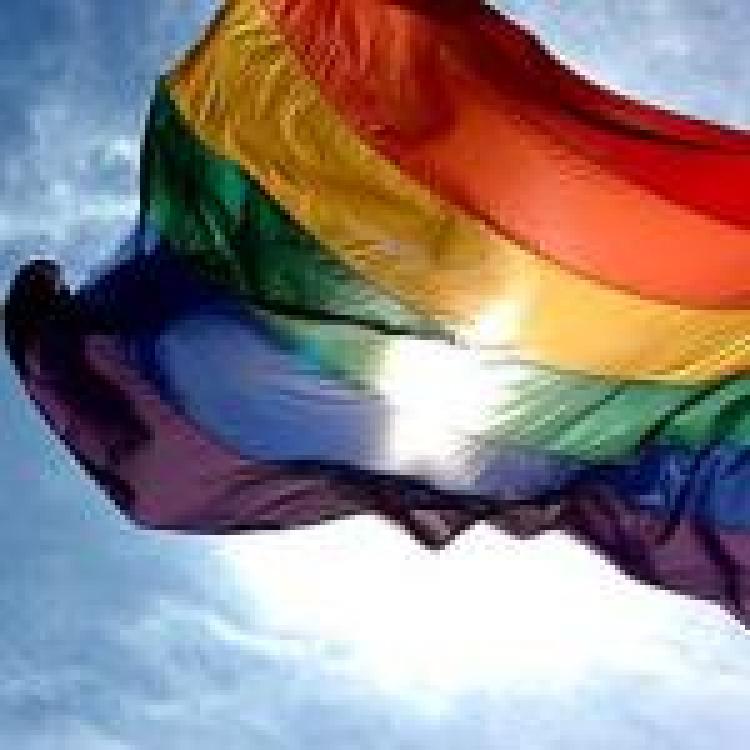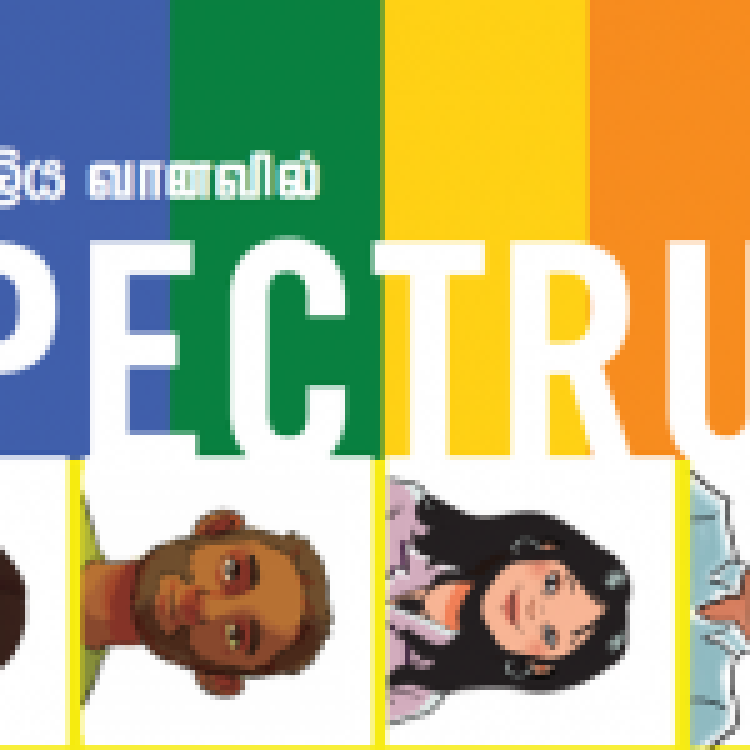.jpg)
Human Rights Watch (HRW) and EQUAL GROUND has called on Sri Lankan authorities to end forced anal and vaginal examinations in trials against homosexuality.
In their report, HRW note that at least seven people have been forced to physical examinations since 2017 under Sri Lanka’s penal code which criminalises same-sex relationships. Such examinations are described as “cruel, inhuman, and degrading”. The World Health Organisation has denounced these exams as a form of violence and torture and the World Medical Association has called on all medical professionals to stop conducting the exams, saying that it is “deeply disturbed by the complicity of medical personnel in these non-voluntary and unscientific examinations”.
HRW further reports that Sri Lankan police have utilised vaguely worded Vagrancy Law and provisions of the penal code banning “cheating by personation”, to target transgender and gender non-conforming people for arrest.
Police crackdown on LGBT community
Over the past few years, Sri Lankan police have raided hotels and other locations to arrest people for consensual same-sex conduct. In 2018, a police performance report, brought charges against nine men for “homosexuality,” they were arrested in five such raids.
“No one should be arrested, let alone subjected to torture and sexual violence, because of their perceived sexual orientation,” said Neela Ghoshal, associate LGBT rights director at Human Rights Watch.
According to a 2016 HRW report, among the 61 lesbian, gay, bisexual and transgender (LGBT) people interviewed, 16 had experienced physical or sexual assault, including rape, by the police.
According to a lawyer who spoke to HRW and EQUAL GROUND, of the 6 defendants he has represented over the past year in cases of male homosexual conduct; all cases prosecutors submitted reports of anal exams in court as evidence of past anal penetration.
The lawyer further alleges that these men were also subject to other abuses such as being whipped with wires. The courts subsequently ordered three of his clients to undergo forced HIV tests with the results being made public in court.
Government denial
Sri Lanka’s government has consistently denied the abuse of LGBT people.
In 2014, the government told the UN Human Rights Council that discrimination against LGBT was unconstitutional and they were protected under the Right to Equality provisions of Sri Lanka’s Constitution.
Sri Lanka’s Attorney General further claimed that the penal code was not used to target LGBTI people and that enforcing the law in a discriminatory fashion was unconstitutional.
This position was peated in 2017, as Sri Lanka accepted the Council’s recommendation and made a voluntary pledge to protect LGBT rights.
However, repeated incidents of police harassment and abuse persist in Sri Lanka.
Rosanna Flamer-Caldera, executive director of EQUAL GROUND, said on the matter:
“The recent evidence of violence and harassment against the LGBTIQ community by law enforcement here is gravely concerning […] Sri Lanka must respect its commitment to the UN to protect the fundamental rights of LGBTIQ people, including by ending arbitrary arrests and by banning torture and other mistreatment by the authorities.”
Read the full statement here.


